Almost two-thirds of the British public think plastic microbeads used in exfoliant toiletries should be banned, according to a poll for Greenpeace.
The tiny beads are too small to be filtered effectively by water treatment and flow into the oceans, where they harm fish and other sea life. The US passed a ban at the end of 2015, with Canada set to follow suit and several EU nations - but not the UK - calling for a legal ban.
Plastic pollution in the oceans is a huge problem: 5 trillion pieces of plastic are floating in the world’s seas, causing damage throughout the food chain. Microbeads, which are also used in some toothpastes, are a small but significant part of this.
“Microbeads are one of those rare environmental problems that are actually relatively easy to solve,” said Louise Edge, oceans campaigner at Greenpeace UK.
“A ban is easy to introduce and alternatives are already available. Although it would not alone eradicate the problems caused by microplastics, it would set an important precedent in the UK that pumping plastics into our oceans is not acceptable.” A petition calling for a UK ban has attracted more than 250,000 signatures.
The poll, of 1,000 people and carried out by Censuswide, found that many people - 68% - did not know what microbeads are, although awareness was greater among women and younger people. However, when made aware of the US ban, 61% of British women and 53% of men said the UK should definitely follow suit, with just 9% saying there should not be a ban.
Microbeads are eaten by marine life, which mistake them for food particles. The tiny beads can also attract toxins from seawater, which are then passed up the food chain. Safe alternatives are already available, including ground nutshells and salt.
In March, environment minister George Eustice said: “[The government] Defra has been working with other countries in the Oslo and Paris Convention for the Protection of the North East Atlantic to secure the voluntary phasing-out of microplastics in personal care and cosmetic products. This campaign is making progress.”
A spokesman for the Department of Environment, Food and Rural Affairs added: “Already many firms have taken action to remove microbeads from their products, but everyone can play their part in keeping our seas safe by making informed shopping decisions.”
The environmental audit committee of MPs launched an inquiry into microplastics last month, to investigate the extent of the damage to ecosystems and the health consequences for people of eating fish containing microplastics.
Some major toiletry manufacturers have already taken action to stop using microbeads. Unilever ended their use in 2015, while L’Oréal says it will have phased them out by 2017.
The poll also threw up some quirky results. Almost one in 10 respondents aged 16-24 said they thought microbeads were a sex toy, while more than 3% of men and 6% of Londoners said they had never bought toothpaste.
Note: The comment from the Defra spokesman was received and added after initial publication.
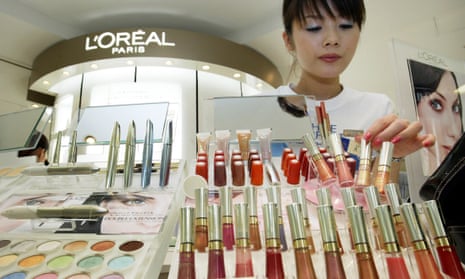

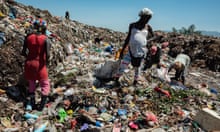



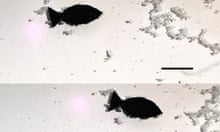
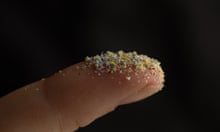

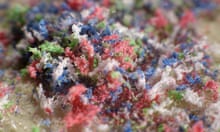
Comments (…)
Sign in or create your Guardian account to join the discussion